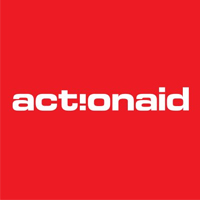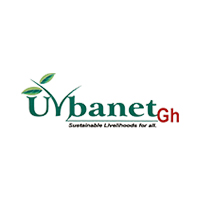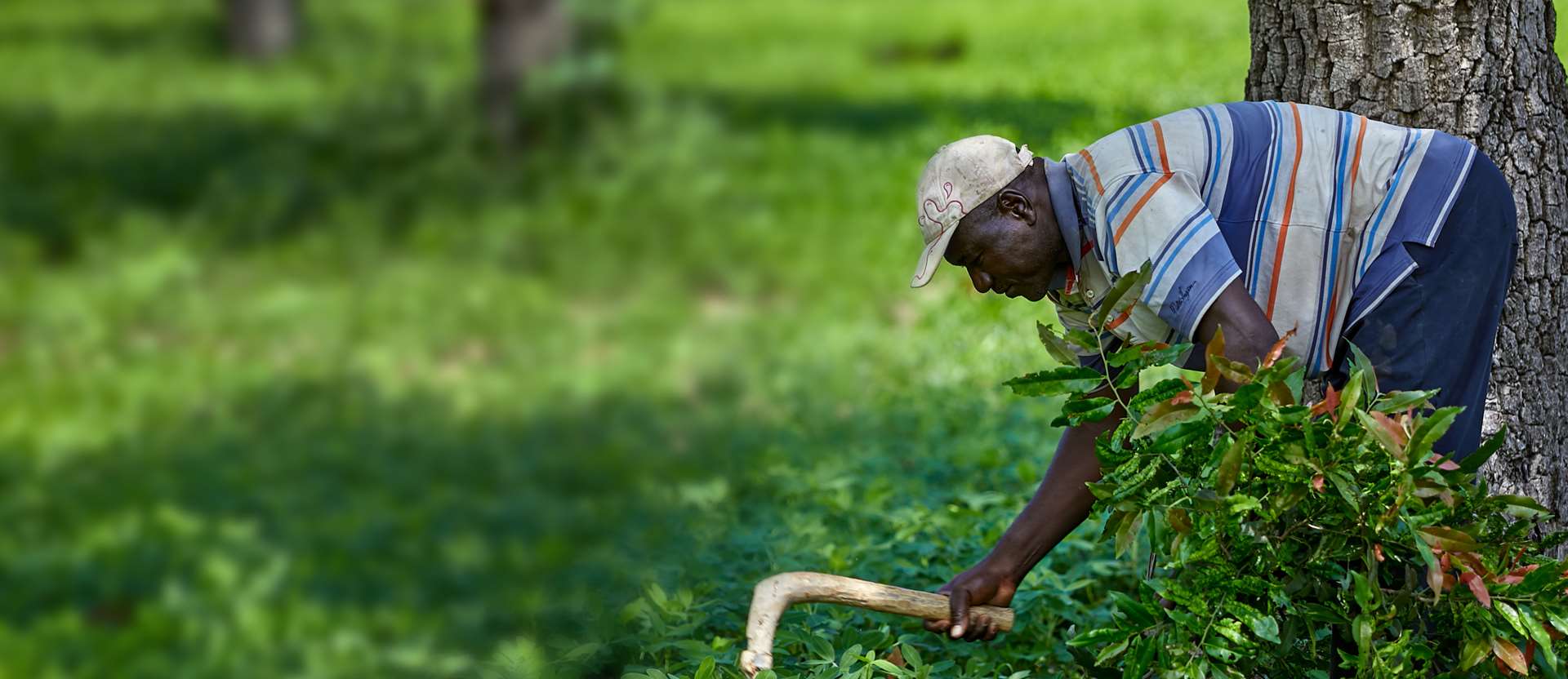
Transforming land & livelihoods
Supporting farmers in Northern and Upper East Ghana to restore land and improve livelihoods.Why is this project needed?
The project is designed to address 3 main issues:
- Low agricultural productivity and food insecurity
- Limited sustainable employment opportunities in the agricultural sector
- Inadequate social protection schemes
In the northern regions of Ghana, over half of the population live in poverty and rely on farmland for food and income. But the climate crisis is making rainfall unpredictable and drought and floods are becoming more frequent and severe.
Soil that was once fertile is no longer able to support life. This means that many people are facing hunger and poverty.
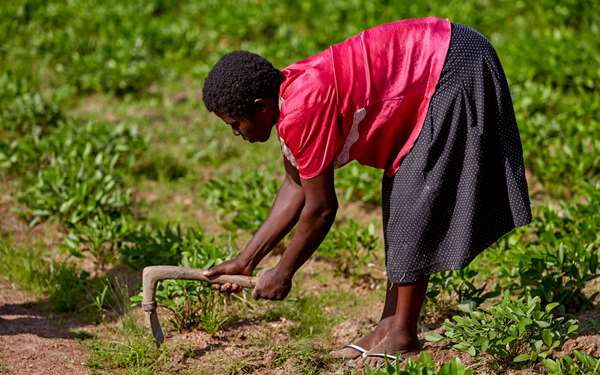

Our aims
- Increase smallholder farmers' resilience to the impact of climate change through sustainable agricultural practices and contribute to the green economy
- Increase income levels for women and young people from non-timber forest products
- Increase access to quality social protection schemes for people living in poverty in rural agrarian areas
How will we achieve this?
We are promoting sustainable agriculture, social protection and decent work for agricultural communities. This holistic approach is known as an ‘integrated development project’.
Farmers are learning sustainable agriculture techniques, and developing ‘Climate Adaption Plans’ to help tackle the effects of the climate crisis. Women’s farmer groups will also be supported with access to social protection schemes like savings groups and disaster relief funds.
We will do this by:
- Providing advocacy training and financial support for CSOs and local movements
- Supporting women’s groups and networks to provide training to smallholder farmers, such as composting & planting techniques. At least 12,000 women smallholder farmers will be reached
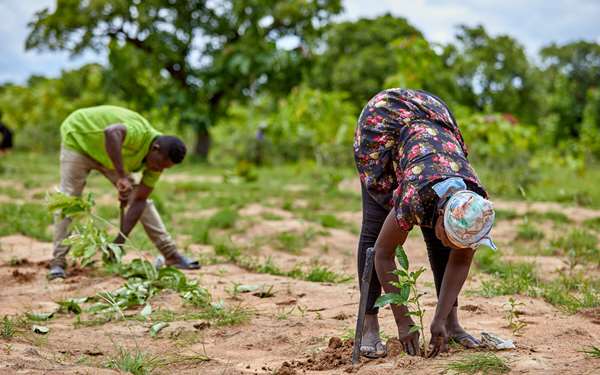
What are Civil Society Organisations (CSOs) and why are they important?
Civil society organizations (CSOs) play a vital role implementing projects, and holding governments to account for their policies. They engage in advocacy and offer alternative policies for government, and other institutions.
As set out in our new strategy, we cannot achieve all of our goals without joining forces - so we must collaborate with a wide range of like-minded organisations.
On this project, CSOs are helping deliver sustainable agriculture practices and policies, and support poor, rural communities to improve access to social protection and decent work.

What do we want to achieve with CSOs?
- Build the capacity of Civil Society Organisation (CSOs) in 15 districts of Ghana.
- Support CSOs to lead community advocacy initiatives and support the formation of farmers networks to provide peer-led agricultural learning
- Integrate 'decent work' principles into agricultural programmes and policies, focusing particularly on women’s needs
What progress are we making?
CSOs training and support:
- 30 action plans developed, and 15 CSOs funded for climate change, advocacy and social protection projects
- 900 Female Extension Volunteers trained - now sharing their training with 11,000+ farmers
- Demonstration farms & learning centres established in 40 project communities – a hub for knowledge exchange and agricultural training
Climate-smart agriculture:
- Research conducted in all districts & Climate Action Plans developed
- Agroforestry training provided to 80 women's groups, and 28,000 fruit tree seedlings provided
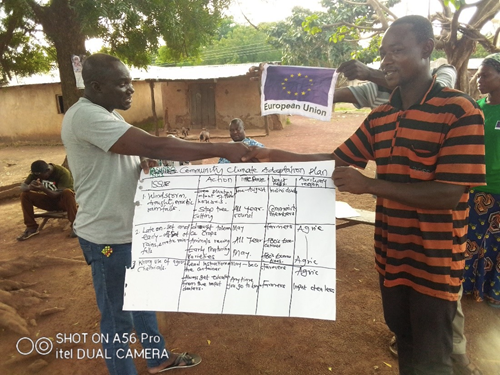
Enterprise development and social protection:
- 3 month fellowship programme set up for 1,500 people including people living with disabilities: and support provided to start up small scale businesses like honey and shea
- 141 communities reached with education on social protection schemes
- Village Loans and Savings Associations (VSLAs) established for 41 women’s groups. These groups were supplied with business kits, including saving boxes, record books and stationery
Health and wellbeing:
- TREE AID collaborated with Ghana Health Service (GHS) to carry out education on Sexual Reproductive Health and Rights for women and young people in all 80 communities
Our partners
We are grateful to the EU for funding this project and to our implementing partners, ActionAid Ghana, and URBANET.
This project is funded by the European Union via ActionAid Ghana. This publication was produced with the financial support of the European Union. Its contents are the sole responsibility of Tree Aid and do not necessarily reflect the views of the European Union.

